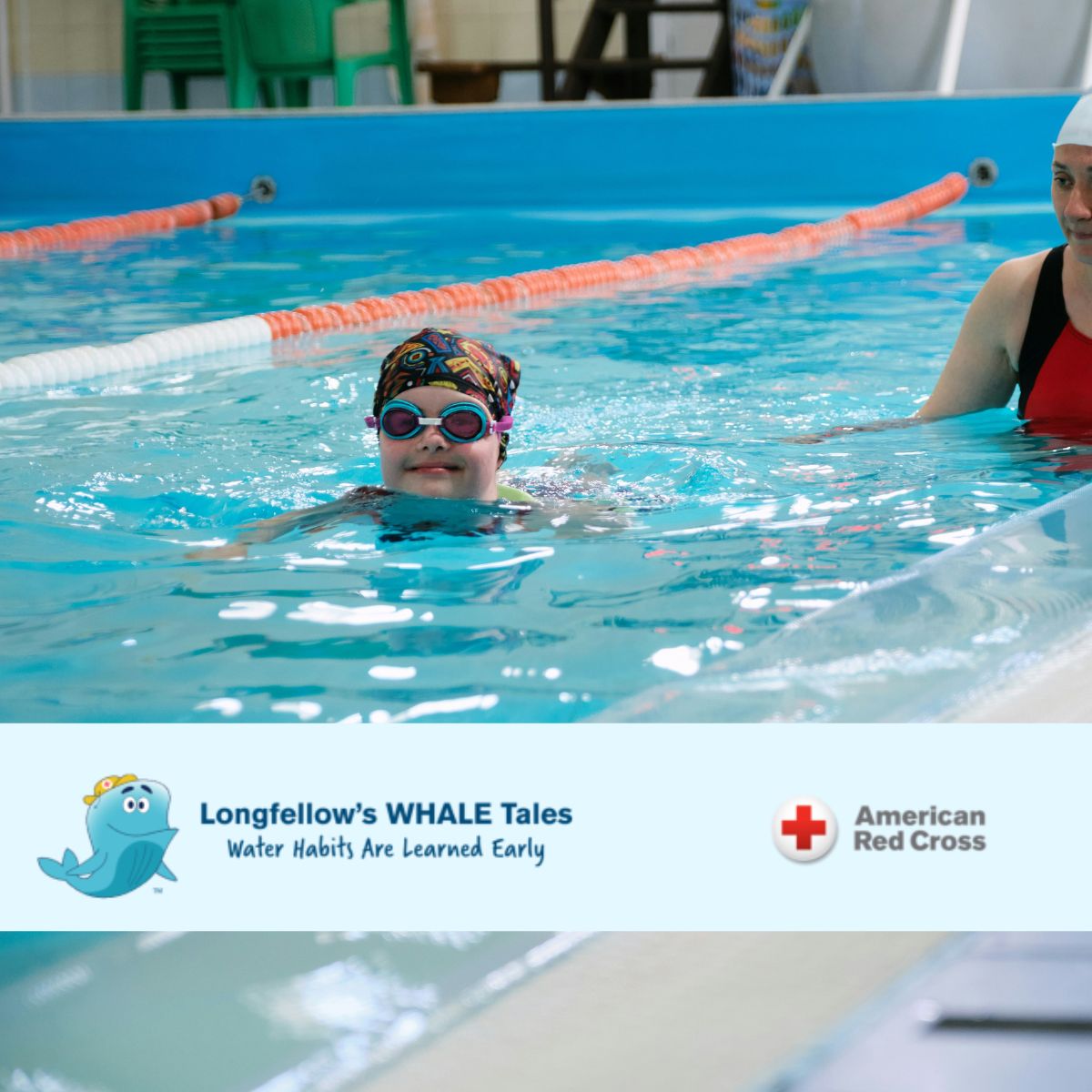Red Cross Offers Children’s Water Safety Lessons
Red Cross Offers Children’s Water Safety Lessons

The American Red Cross supplies about 40% of the nation’s blood. Locally, it operates the Pleasanton Red Cross Blood, Platelet and Plasma Donation Center, which has been a Hacienda tenant since December 2018. In addition to donating blood at the Blood Donation Center, community members can volunteer to be a blood drive ambassador to greet and check-in blood donors at blood drives. They can volunteer as well to be a transportation specialist and deliver lifesaving blood to area hospitals. Blood program leaders are also needed to host and help recruit blood donors at community blood drives.
Other services provided by the Red Cross include sheltering, feeding, and providing comfort to victims of disasters; teaching skills that save lives; distributing international humanitarian aid; and supporting veterans, military members, and their families. In June, the American Red Cross encouraged families to learn to be “water smart” because “research shows that participation in formal water safety and swim lessons can reduce the risk of drowning by 88% for one to four-year-olds.”
Each year, more than 2.5 million people learn to swim through Red Cross lifesaving aquatics programs. These programs incorporate the latest science-based curriculum and industry best practices, helping to keep individuals and families safer while enjoying water activities. Through this work over the last century, the Red Cross has helped to reduce accidental drownings by nearly 90% nationwide.
“Preventing unsupervised access to water, providing constant, active adult supervision, and knowing how to swim are critical layers of protection to help prevent drowning,” according to Connie Harvey, Director of Aquatics Centennial and Survival Programs for the Red Cross. Four water safety tips are key, officials say. First, nobody should ever swim alone, not adults, teens, or children. Second, never leave a young child unattended near water. Third, do not trust a child’s life to another child by sending children swimming alone. Fourth, always designate a “water watcher” to keep constant attention on children and weaker swimmers in, on, and around water until another water watcher takes over.
The Red Cross recently revamped its Longfellow’s WHALE Tales Water Safety for Children program. The no-cost program is designed to help children from all backgrounds in kindergarten through fifth grade learn vital water safety behaviors without having to be in or near the water. WHALE Tales are short, engaging, and age-appropriate lessons that cover important water safety topics in different environments such as pools, waterparks, oceans, lakes, and rivers. The free downloadable resources include lesson plans, course presentations, and fun materials such as videos and activity sheets. “We want to make the water a safer place for everyone and, as a community, we all play an important role in helping to achieve that goal,” Harvey notes.
For more information about the Pleasanton Red Cross Blood, Platelet and Plasma Donation Center, please visit www.redcrossblood.org/local-homepage/location/pleasanton-american-red-cross.html.
For more information about the American Red Cross, please visit www.redcross.org.
For more information about WHALE Tales Water Safety Program, please visit www.redcross.org/get-help/how-to-prepare-for-emergencies/types-of-emergencies/water-safety/water-safety-for-kids.html.




